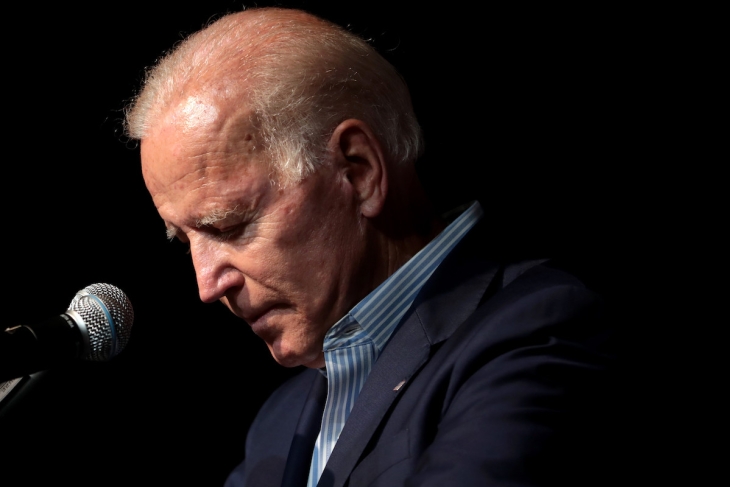With Democrats eyeing a possible shellacking in this fall’s midterm elections, the Biden administration has inexplicably decided to try to stave off disaster by doubling down on the teachers unions’ hoary anti-reform agenda. The latest example is last month’s not-so-sneak attack on charter schools. As every Gadfly reader surely knows by now, Education Secretary Miguel Cardona’s team published draft regulations that would bring charter growth to a standstill. Although the president’s chilly view of charters was well publicized on the campaign trail, advocates were still caught flat-footed by the announcement.
Reportedly there was no consultation with the charter community in advance of publication of the proposed regulations—and the unusually short public comment period ends next week. Contrary to the administration’s dubious claim that its new rules are meant to ensure better oversight, the proposed rewrite of the $440 million federal Charter Schools Program would effectively empower faceless reviewers at the Education Department to act like a national charter school board, replete with heinous reporting and compliance requirements designed to bury charter operators seeking funding from Uncle Sam under an avalanche of red tape. The most egregious of these provisions is the “community impact analysis,” which would require brand new charter schools to document that their presence wouldn’t adversely affect local district schools—without regard to where parents actually want to send their children!
We should have seen it coming. We could foresee it in the campaign. And Biden’s declining to sign last year’s proclamation of National Charter Schools Week—the first sitting president not do so in thirty years—was another shot across the bow of the charter movement.
One week after the proposed regulations were dropped, Secretary Cardona raised eyebrows in response to a question he was asked about how state test scores this spring might reflect poorly upon schools. Rather than stressing the urgency and gravity of the recovery effort ahead, and the value of test scores for school accountability, Cardona instead took another swipe at school choice: “I want to take it a step further. Some are waiting for that data to then try to create a picture because their plan is to privatize.” Echoing the unions’ hostility to anything outside the traditional, one-size-fits-all system, the secretary offered his gratuitous pander despite compelling evidence that the pandemic made parents increasingly supportive of alternatives to the schools their children had previously attended.
What’s more, Cardona’s comment seemed dismissive of state testing, which remains popular among the public and is now underway—the results of which are going to help policymakers address many unanswered questions about Covid’s effects on student learning. The Center for Assessment’s Scott Marion recently described the daunting task at hand:
Our analyses of nearly a dozen states’ test scores revealed score drops two-to-three-times greater than those for New Orleans students after Hurricane Katrina, with math results noticeably lower than reading scores. Measurement folks like me do not like converting test results into months of learning, but the deceleration of achievement by a half a year or more between 2019 and 2021 will require a level of learning improvement that we have rarely, if ever, seen at scale in the United States.
Marion’s last line is worth underscoring. If past is prologue, the learning rates necessary to get America’s students back on track are beyond the reach of all but the most exceptional schools—many of which, incidentally, happen to be charters. With our education system facing such incredibly long odds, one would hope that national leaders would pull out all the stops and at least try to reach beyond the gravitational pull of today’s politics.
Sadly, that’s not what’s happening. At a moment when the nation’s top education official should be singularly and unapologetically focused on the need to accelerate learning and to expand opportunities for students, Cardona and company have taken the dim view that charter schools and testing are part of the problem rather than the solution. Faced with and threatened by the stark reality of education “being in play” as never before, Biden’s team has reverted to the same unimaginative playbook that paralyzed our education system in the first place.
History will judge this administration’s response to the current crisis of learning loss and mental health afflicting millions of students and families. But ignoring the desires of parents—who voted convincingly with their feet throughout the pandemic—and spurning the studies that show charter schools are a win-win, often having a salutary effect upon traditional public schools, will likely reflect poorly upon the president. It won’t be lost upon posterity that, when he had the best opportunity to do so, Biden elected to pursue a losing strategy that was unserious about marshaling the nation’s energy and resources in service of catching up as many students as possible.


